Intro
Discover the Autism Test For Adults, a comprehensive diagnostic tool using psychological assessments and screenings to identify Autism Spectrum Disorder (ASD) symptoms, signs, and traits in adults, promoting early intervention and support.
Autism, also known as Autism Spectrum Disorder (ASD), is a neurological and developmental disorder that affects communication, social interaction, and behavior. While it is often associated with children, autism can also affect adults. In fact, many adults with autism may have gone undiagnosed or misdiagnosed in the past, leading to a lack of understanding and support. As a result, there is a growing need for autism tests and assessments specifically designed for adults.
The importance of autism testing for adults cannot be overstated. A diagnosis of autism can provide a sense of relief and understanding, helping individuals to better navigate their daily lives and relationships. It can also provide access to support services, accommodations, and therapies that can greatly improve quality of life. Furthermore, a diagnosis can help to reduce stigma and promote greater acceptance and understanding of autism in the community.
Autism testing for adults is a complex process that involves a comprehensive evaluation of an individual's behavior, communication, and social interactions. This can include a range of assessments, such as psychological evaluations, cognitive tests, and behavioral observations. The goal of these assessments is to identify the presence of autism and to determine the severity of symptoms. By understanding the nature and extent of an individual's autism, healthcare professionals can develop effective treatment plans and provide targeted support.
Understanding Autism in Adults
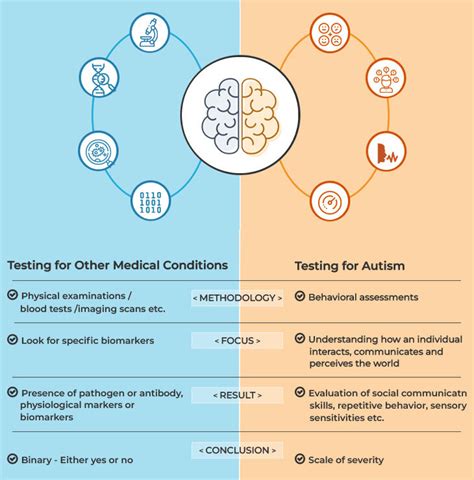
Autism in adults can manifest in different ways, and it is essential to understand the unique characteristics and challenges associated with this condition. Adults with autism may experience difficulties with social interactions, communication, and behavior, which can impact their relationships, work, and daily life. They may also experience co-occurring mental health conditions, such as anxiety, depression, or attention deficit hyperactivity disorder (ADHD).
Some common signs of autism in adults include difficulty with social interactions, such as initiating or maintaining conversations, understanding social cues, and developing and maintaining relationships. They may also experience difficulties with communication, such as understanding tone of voice, interpreting facial expressions, and using language effectively. Additionally, adults with autism may exhibit repetitive behaviors, such as hand flapping or body rocking, and may have strong interests in specific topics or activities.
Types of Autism Tests for Adults
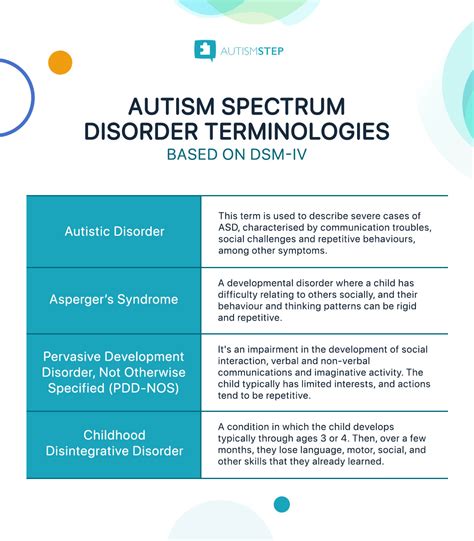
There are several types of autism tests and assessments that can be used to diagnose and evaluate autism in adults. These include:
- Psychological evaluations: These assessments involve a comprehensive evaluation of an individual's behavior, communication, and social interactions.
- Cognitive tests: These tests assess an individual's cognitive abilities, such as attention, memory, and problem-solving.
- Behavioral observations: These observations involve evaluating an individual's behavior in different settings, such as at home, work, or in social situations.
- Questionnaires and surveys: These tools involve asking individuals to report on their experiences, behaviors, and symptoms.
Some common autism tests and assessments used for adults include the Autism Quotient (AQ) test, the Social Responsiveness Scale (SRS), and the Autism Diagnostic Observation Schedule (ADOS). These tests can provide valuable information about an individual's autism symptoms and can help healthcare professionals to develop effective treatment plans.
Benefits of Autism Testing for Adults
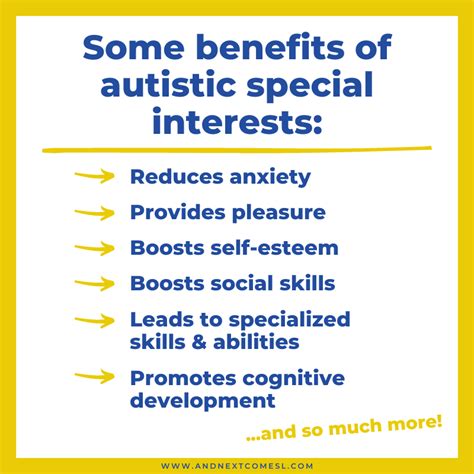
Autism testing for adults can have numerous benefits, including:
- Improved understanding and acceptance: A diagnosis of autism can provide a sense of relief and understanding, helping individuals to better navigate their daily lives and relationships.
- Access to support services: A diagnosis can provide access to support services, such as therapy, counseling, and accommodations, which can greatly improve quality of life.
- Increased self-awareness: Autism testing can help individuals to better understand their strengths, challenges, and needs, which can lead to increased self-awareness and self-acceptance.
- Better relationships: By understanding and accepting their autism, individuals can develop more effective communication and social interaction skills, leading to better relationships with family, friends, and colleagues.
Some of the benefits of autism testing for adults can be seen in the following examples:
- A 35-year-old man who was diagnosed with autism reported feeling a sense of relief and understanding after receiving his diagnosis. He was able to access support services and develop strategies to improve his social interactions and communication.
- A 40-year-old woman who was diagnosed with autism reported feeling more confident and self-assured after receiving her diagnosis. She was able to develop more effective coping strategies and improve her relationships with her family and friends.
Steps to Get an Autism Test for Adults
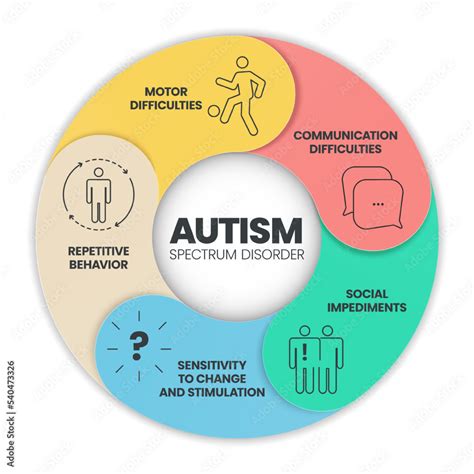
If you are an adult who is interested in getting an autism test, there are several steps you can take:
- Consult with a healthcare professional: Start by consulting with a healthcare professional, such as a psychologist or psychiatrist, who has experience in autism diagnosis and treatment.
- Complete a questionnaire or survey: Your healthcare professional may ask you to complete a questionnaire or survey to gather more information about your symptoms and experiences.
- Undergo a psychological evaluation: A psychological evaluation involves a comprehensive assessment of your behavior, communication, and social interactions.
- Receive a diagnosis: If your healthcare professional determines that you have autism, they will provide you with a diagnosis and develop a treatment plan to help you manage your symptoms.
Some things to keep in mind when getting an autism test for adults include:
- Be honest and open: It is essential to be honest and open with your healthcare professional about your symptoms and experiences.
- Ask questions: Don't be afraid to ask questions or seek clarification about the testing process or your diagnosis.
- Seek support: Consider seeking support from family, friends, or a support group to help you navigate the testing process and manage your symptoms.
Autism Treatment and Support for Adults
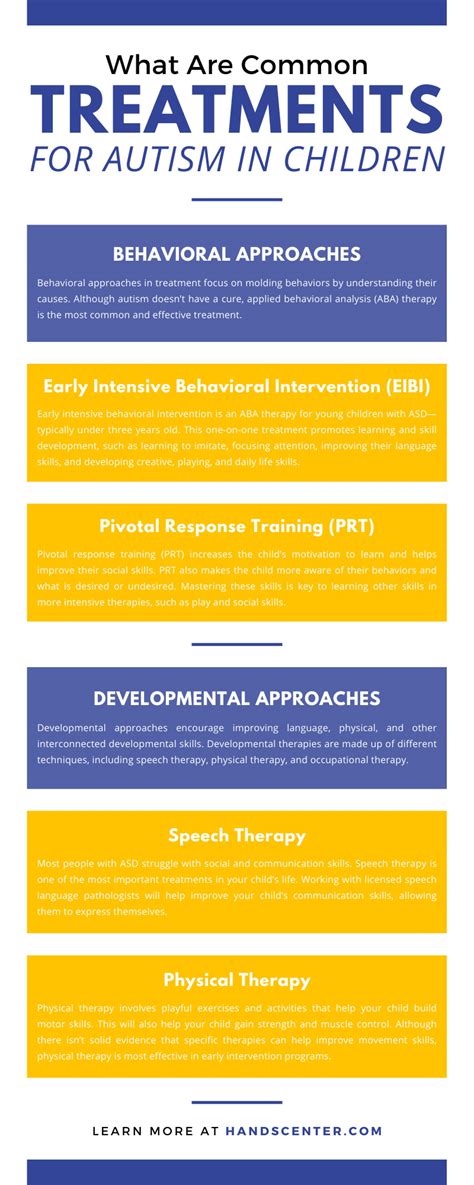
Autism treatment and support for adults can vary depending on the individual's needs and symptoms. Some common treatment options include:
- Therapy: Therapy, such as cognitive-behavioral therapy (CBT) or applied behavior analysis (ABA), can help individuals to develop more effective coping strategies and improve their social interactions and communication.
- Counseling: Counseling can provide individuals with a safe and supportive environment to discuss their feelings, concerns, and experiences.
- Accommodations: Accommodations, such as modifications to work or school environments, can help individuals to better navigate their daily lives and manage their symptoms.
- Support groups: Support groups can provide individuals with a sense of community and connection, as well as access to resources and information.
Some examples of autism treatment and support for adults include:
- A 30-year-old man who was diagnosed with autism reported benefiting from therapy and counseling. He was able to develop more effective coping strategies and improve his relationships with his family and friends.
- A 45-year-old woman who was diagnosed with autism reported benefiting from accommodations at work. She was able to modify her work environment to better meet her needs and improve her productivity.
Autism Resources for Adults
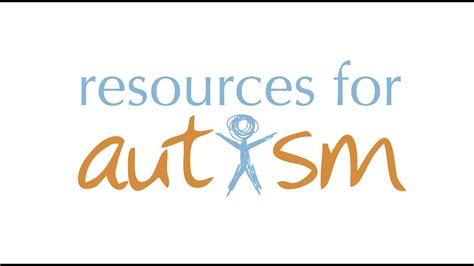
There are numerous resources available to support adults with autism, including:
- Online support groups: Online support groups can provide individuals with a sense of community and connection, as well as access to resources and information.
- Autism organizations: Autism organizations, such as the Autism Society, can provide individuals with access to resources, information, and support.
- Therapy and counseling: Therapy and counseling can provide individuals with a safe and supportive environment to discuss their feelings, concerns, and experiences.
- Accommodations: Accommodations, such as modifications to work or school environments, can help individuals to better navigate their daily lives and manage their symptoms.
Some examples of autism resources for adults include:
- The Autism Society: The Autism Society is a national organization that provides individuals with autism and their families with access to resources, information, and support.
- The Autistic Self Advocacy Network (ASAN): ASAN is a national organization that provides individuals with autism with access to resources, information, and support, as well as advocacy and self-advocacy training.
What is autism, and how does it affect adults?
+Autism, also known as Autism Spectrum Disorder (ASD), is a neurological and developmental disorder that affects communication, social interaction, and behavior. In adults, autism can manifest in different ways, and it is essential to understand the unique characteristics and challenges associated with this condition.
How is autism diagnosed in adults?
+Autism diagnosis in adults involves a comprehensive evaluation of an individual's behavior, communication, and social interactions. This can include psychological evaluations, cognitive tests, and behavioral observations.
What are the benefits of autism testing for adults?
+Autism testing for adults can have numerous benefits, including improved understanding and acceptance, access to support services, increased self-awareness, and better relationships.
What are some common signs of autism in adults?
+Some common signs of autism in adults include difficulty with social interactions, communication, and behavior, as well as repetitive behaviors and strong interests in specific topics or activities.
How can adults with autism access support services and resources?
+Adults with autism can access support services and resources by consulting with a healthcare professional, contacting autism organizations, and seeking out online support groups and resources.
We hope this article has provided you with a comprehensive understanding of autism testing for adults. If you have any further questions or would like to share your experiences, please don't hesitate to comment below. Additionally, if you found this article helpful, please share it with others who may benefit from this information. By working together, we can promote greater understanding and acceptance of autism and provide support to individuals with autism and their families.
